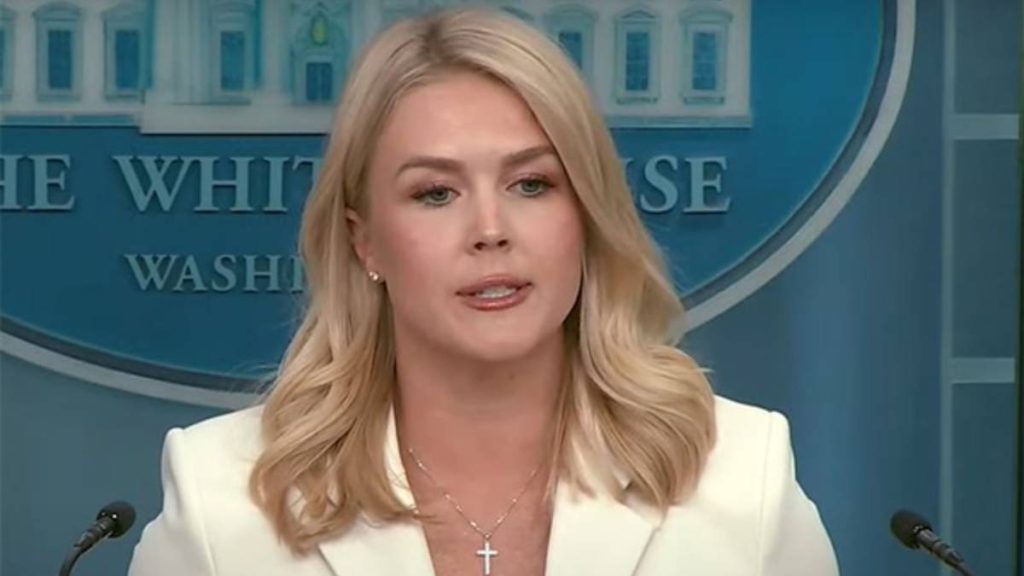The United States and India are on the verge of finalising a major bilateral trade agreement, White House Press Secretary Karoline Leavitt confirmed on Monday. Her remarks came in response to a question from ANI during a press briefing.
“Yes, the President said that last week, and it remains true,” Leavitt said, referring to President Donald Trump’s recent comment that the two countries were close to a deal. “I just spoke to our Secretary of Commerce about it. He was in the Oval Office with the President. They are finalising these agreements, and you’ll hear from the President and his trade team very soon when it comes to India,” she added.
President Trump has repeatedly expressed optimism about opening up the Indian market, though he acknowledged challenges related to trade barriers. “Right now, it’s restricted. You can’t walk in there… We are looking to get a full trade barrier dropping,” he said, noting uncertainty about whether that goal would be fully realised.
During a recent public appearance, Trump said, “We have one coming up, maybe with India. A very big one, where we’re going to open up India.”
US Secretary of Commerce Howard Lutnick echoed this optimism in June, saying at the US-India Strategic Partnership Forum that both sides were in a “very good place” and a deal should be expected in the near future.
Meanwhile, Indian Commerce and Industry Minister Piyush Goyal reiterated New Delhi’s commitment to negotiating a “fair and equitable” agreement that would benefit both economies. “PM Narendra Modi and US President Trump… have decided to enter into a bilateral trade agreement which will be mutually beneficial,” he said on June 10.
With less than two weeks before the July 9 deadline and a 90-day pause on tariff escalations set to expire, negotiators on both sides are working intensively to close the deal. However, sticking points remain—particularly around US demands for reduced duties on agricultural and dairy products, and market access for genetically modified (GMO) crops. India has so far resisted these, citing concerns over food security, environmental sustainability, and farmer welfare.
Sources in the Indian government reaffirmed that national interests will not be compromised during the negotiations.
